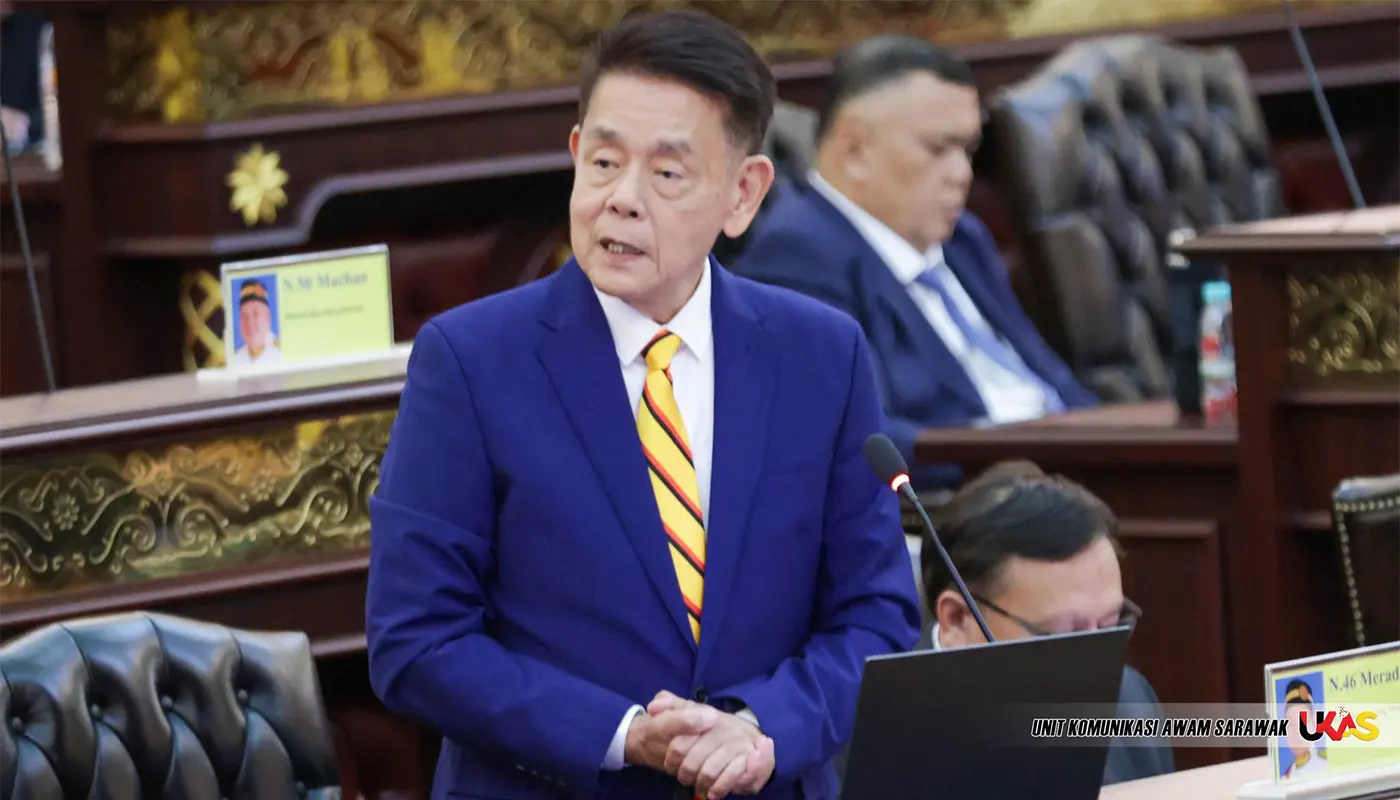KUCHING – The proposal to establish the Sarawak Building Board under the Buildings (Amendment) Bill 2025 has prompted calls for further refinement to prevent overlapping responsibilities with existing professional organisations.
During the Third Meeting of the Fourth Term of the 19th Sarawak State Legislative Assembly, Datuk Ding Kuong Hiing, Assemblyman for Meradong, emphasised that while the initiative aligns with efforts to modernise the Building Ordinance 1994, several fundamental aspects must be clarified before implementation.
The proposed board is expected to serve as a central authority overseeing building standards, accreditation for sustainable construction, technical compliance, and enforcement.
However, Ding cautioned that these functions could intersect with the mandates of long-established professional bodies such as the Board of Engineers Malaysia (BEM), the Institution of Engineers Malaysia (IEM), and the Pertubuhan Akitek Malaysia (PAM).
“There is a possibility of duplication of jurisdiction between this new board and professional bodies that have been functioning for a long time. Therefore, a clear dividing line needs to be set to ensure smooth coordination and avoid confusion,” he said during the debate.
He further highlighted the importance of defining the appointment process for board members, stressing that professional qualifications must be a prerequisite. According to him, credibility and competence are essential for the board to gain public trust and operate effectively.
Attention was also drawn to the role of Local Authorities (PBTs), which act as the frontline in regulating building activities. Ding noted that many councils face shortages of technical officers, and inconsistent interpretations of new standards could hinder enforcement.
“The lack of technical officers and the non-uniform interpretation of the new standards can affect the effectiveness of the implementation of the Ordinance. The establishment of this board must be accompanied by training, skill development and sufficient resources for PBT officers to ensure the implementation of the new standards runs smoothly,” he added.
Observers have pointed out that the creation of a dedicated building board could strengthen Sarawak’s regulatory framework, particularly in areas such as green building certification and compliance with modern construction practices.
However, industry stakeholders have urged that coordination with existing professional institutions remain a priority to avoid unnecessary bureaucracy.
The debate reflects broader concerns about balancing innovation with practicality in regulatory reform. While the Building Ordinance 1994 is widely recognised as outdated, legislators and professionals alike agree that any new body must complement, rather than duplicate, the work of established organisations.
As discussions continue, the Sarawak government is expected to refine the proposal to ensure that the Building Board enhances efficiency, supports sustainable development, and provides clarity for both professionals and the public.




